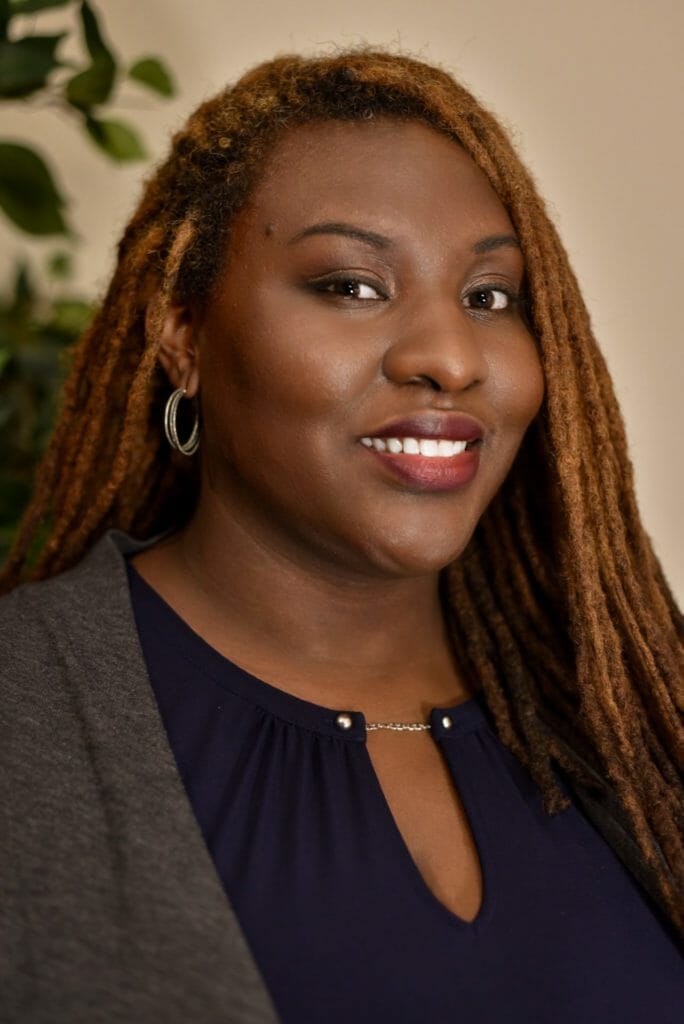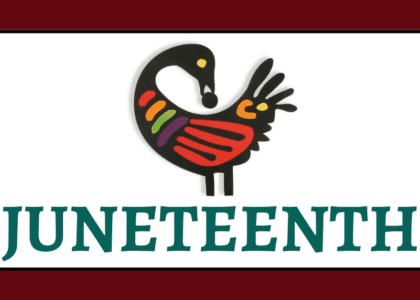By Tara Gibbs
As someone passionate about Christian Education, my mind frequently connects any educational moment such as the Alliance Annual gathering to curriculum theory, specifically the notions of explicit curriculum, implicit curriculum, and null curriculum. Without going into too much detail of each, explicit is just that: the subjects to be taught (i.e. algebra, Spanish, etc); implicit are the lessons that develop from the culture of the learning environment and the expectations that characterize that culture (i.e. raising your hand to speak, walking in a line from class to class, etc.); null is what is intentionally or unintentionally omitted (i.e. a Christian-based science homeschool not covering Darwin’s theory of evolution or many US public schools omitting tax preparation and filing instructions). So what does any of this have to do with a conference on Abolition? Well, as I mentioned, these three categories help me make sense of what was presented and maybe they can help you, too. They help me reflect on the question: what are we teaching when it comes to abolition?
1. Explicit—Abolition is Scary
It’s no secret that abolition is a scary term. In fact. Rev. Dr. Boswell acknowledged such in his opening sermon titled “Who’s Afraid of Abolition?” I appreciated both the frank acknowledgement as well as the definitions and examples provided throughout the weekend. Derecka Purnell possibly gave the most concise definition for abolition the entire weekend when she defined it as a “political commitment to eradicate carceral systems, community/colonial violence as we build up, at the same time and over time.” I thought I knew what prison abolition was, but the examples presented made it even clearer. It’s easy to jump to abolishing prisons and police, but this weekend made it even more plain; I had not connected the need to resist criminalization of dissent, no matter the issue, as an abolitionist goal. Are we explicitly talking and teaching abolition? Or are we too afraid? When lives are on the line, abolition is not a topic that we can sugarcoat or attempt to make less “offensive” for people; I truly appreciate every speaker, preacher, and presenter for “giving it to us straight.” It helped me have the courage to do the same when I take these lessons to my own congregation. I hope others take courage as well.
2. Implicit—There’s Still Work to Do
While the Alliance is actively on an antiracist journey, there’s still much work to do. This could have been no clearer than after the fantastic panel of civil rights attorney, public defender, womanist theologian, pastor, and abolition activist, led by Rev. Elijah, were all presenting and responding to questions. Even after making an announcement to keep questions short, white presenting attendees still took the opportunity of the microphone to expound on their own fragility and perceived inability to be “racist.” In fact, one questioner used their privilege to ask a question not only out of turn but off topic about “gang violence,” and guns, insinuating that this all-Black panel had owed her a response. Another took time to reflect on his Black “nanny” and offered his unsolicited solution to folks who already shared tangible solutions. It was not only offensive to me but to many other Black attendees as we discussed in our lunchtime space. The implicit messaging was that white people are owed time and space, over Black experts, and that white people must answer for gun violence in this country. I remembered how often this happens in these spaces, not just the Alliance, but in spaces where the marginalized have an opportunity to speak from experience and expertise but are overshadowed. In fact, what stuck with me was a reminder that this work of abolition is not just the explicit justice work of abolition but the intertwined injustices of racism and classism. What then are we implicitly teaching when talk of abolition is coupled with racist rhetoric, privilege, and marginalization? When discussing abolition with my own congregation, I plan to bring up these interconnected issues as well, in hopes that we can all become better listeners and practitioners.
If I learned nothing else from this weekend, it was affirmed that Jesus’ teaching and the teaching of abolition are not mutually exclusive.
3. Null—We Get Free Together
The concept of null curriculum can be tricky, simply because to think of all the pieces that could have been included leaves more room than anyone, even with the best intentions, could imagine. However, while at the Annual Gathering I was proud of the organization’s attempt to bring in voices of those already doing abolitionist work and call their names such as Mariame Kaba, Pauline Gums, Derecka Purnell, and Ruth Wilson Gilmore. It was a blessing to hear from the mother of climate activist Manuel “Tortuguita” Terán murdered by Atlanta police during a weekend focused on abolition when her voice is often silent and ignored. The reality is the violence and harm done is often excluded from the conversations around abolition. In short, one needn’t wonder much about who or what was missing, even though the reality is we will never include everyone and everything that should be included, but we must try! We can’t let the magnitude and complexity of the issue keep us stagnant. This set a great example that I hope other attendees will take to their congregations as we take on the work of abolition beyond the conference.
When I arrived at the Annual Gathering, like many of my clergy counterparts, I was weary from church work in addition to community work. Who couldn’t help but wonder, how else could I have spent an entire weekend away from my congregation? I can’t speak for others, but I’m proud to say that a weekend apart from my congregation was spent praying to God, not for the mundane and trivial, but for the transformative; I spent that weekend reflecting on what I expected to glean in addition to what I learned implicitly. I spent that weekend as Min. Alexis Tardy reminded us of June Jordan’s quote,” committing my body and my word,” to liberation. Yes, abolition can sound scary. Yes, we still have work to do. But I know we get free together. If I learned nothing else from this weekend, it was affirmed that Jesus’ teaching and the teaching of abolition are not mutually exclusive. Thus, I will continue to ask of myself and our congregation: what are we teaching about abolition? Explicitly? Implicitly? What are we avoiding or excluding? What would Jesus teach us about abolition?

Reverend Tara S. Gibbs is the Associate Minister of Spiritual Growth at Myers Park Baptist Church in Charlotte, N.C. and a Christian Education Consultant at Thinking Faith Consultants. Originally from New Bern, NC, she holds an undergraduate degree from UNC-Chapel Hill and graduate degrees from Shaw University and Princeton Theological Seminary. Rev. Tara also makes guest appearances on Christian radio shows and podcasts discussing the legacy of Rev. Dr. Martin Luther King, Jr,, clergy women in the Black church, sexuality & gender identity, reproductive justice, and other topics.




Recent Comments